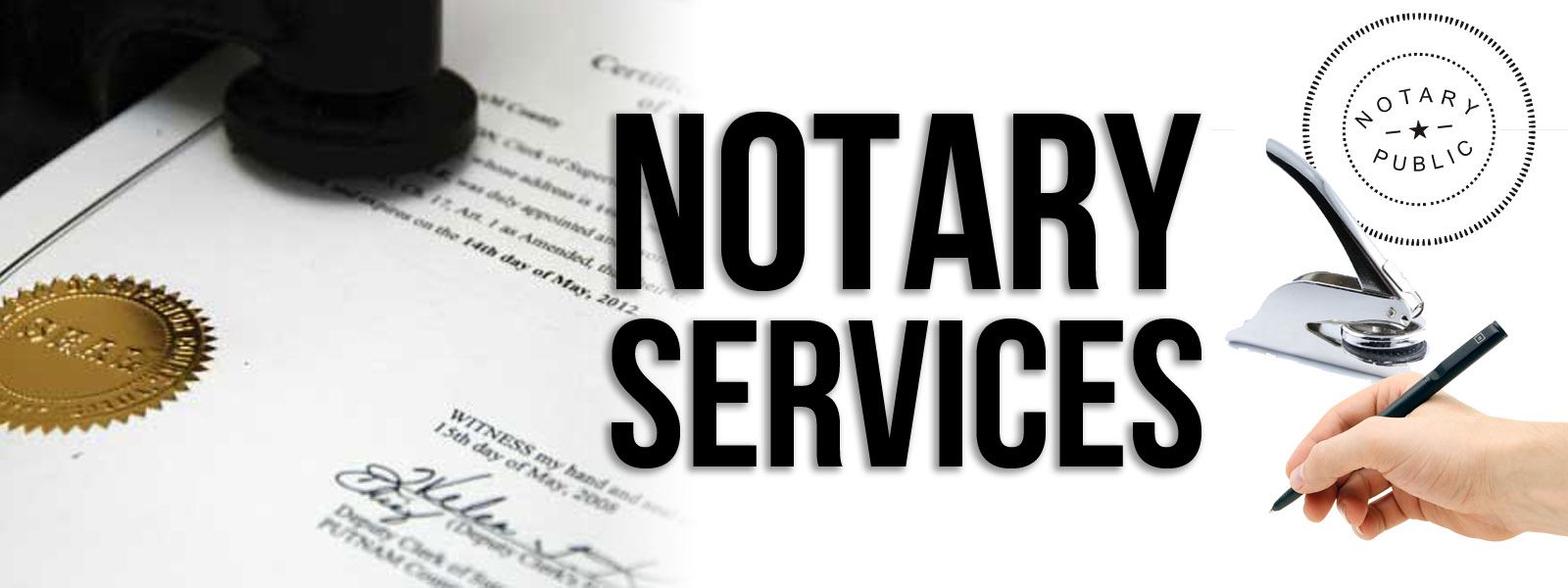Celebrate yourself.
/Don’t forget to celebrate, people.
This year I have a novel publishing in November in the United States, and I have a different novel publishing in the UK and internationally in a couple months.
This two book oddity was the result of a change by my US publisher, St. Martin’s Press. The Other Mother was originally slated to publish in the United States in April of 2019, but when my editor heard that I was tinkering with a novel comprised entirely of lists, she asked to see it.
She didn’t want to buy the book, but she was curious what a book like this would look like.
Three days later, after having read my partial manuscript, she asked that we push The Other Mother off to 2021 and publish my book of lists, now titled Twenty-one Truths About Love, first.
Also, I had to finish the book.
I agreed, and I did. But my UK publisher, Little Brown, had already purchased The Other Mother and still wanted to publish it first.
Thus my two books in one year situation.
Yesterday, while struggling to finish a proposal for another book while working on publicity for these two books, I paused amidst my frustration and annoyance to remind myself:
You’ve published four novels and a book of nonfiction. In more than 25 countries. Your books are optioned for film. And you have two more novels coming out this year.
One of them - a book comprised entirely of lists - seemed so ridiculous that even I didn’t take it too seriously.
Yes, it’s no fun writing book proposals. Book proposals are boring and stupid. And yes, publicity is also no fun. But look what you’ve done. There was a time when publishing a single book seemed impossible. Stop complaining and celebrate where you are today.
Then I reminded myself that there was once a time when simply graduating from college and becoming an elementary school teacher seemed like an impossible dream. Even though I’ve been teaching for 20 years, I try not to lose sight of the fact that I get to live my impossible dream with my fifth graders every day.
Then I reminded myself that there was once a time when all I wanted to do was tell one story on one Moth stage. That would truly be an impossible dream come true.
And winning? That was too ridiculous to even consider a dream.
Since that fateful night in July of 2011 when I stood on my first Moth stage, I have stood on hundreds of stages around the world, including 93 Moth stages around the country, winning 39 times. Every time I take a stage anywhere in the world, I try to remind myself that I’m living my impossible dream.
Then I remind myself that there was a time when I was homeless and genuinely believed that getting a roof over my head again would be impossible. There was a time when I was sitting in a jail cell, wondering if I would ever be free of the false charges leveled against me. There was a time on a greasy tole floor of a McDonald’s restaurant, gun pressed against my head, when I thought that surviving just three more minutes would be impossible.
All impossible dreams fully realized.
There was once a time when I thought that Elysha was so far out of my league that it would be a waste of time to even try to date her. I would be damn lucky, I thought, just to be her friend.
I really believed this.
Instead, I married the woman too good for me.
Impossible dream realized. The best one. of all.
Celebrate people. Don’t lose sight of how far you have come. Don’t forget about the hurdles you have already overcome. Don’t ignore the impossible dreams that have become your everyday reality.
It would be easy for me to forget that teaching and performing and writing - things that have become an everyday part of my life - once seemed impossible. It would be easy for me to forget that a home and freedom were once insurmountable mountains to climb. It would be easy to forget looking across a room at Elysha and hoping that someday I might meet a girl almost as perfect as she was.
Instead of forgetting, I remind myself about all of these things all the time.
You should, too.
Celebrate every difficult or seemingly impossible step that you have taken. Celebrate yourself. Always be looking to the next horizon, but don’t be afraid to look back on the mountains you have already summited in order to seek that new horizon.
Honor yourself and your accomplishments, especially when things are hard. They’ve been hard before, and you survived and thrived. You’ve probably done the impossible many times in your life. You’ve done things you could only dream of doing.
You can do it again.















